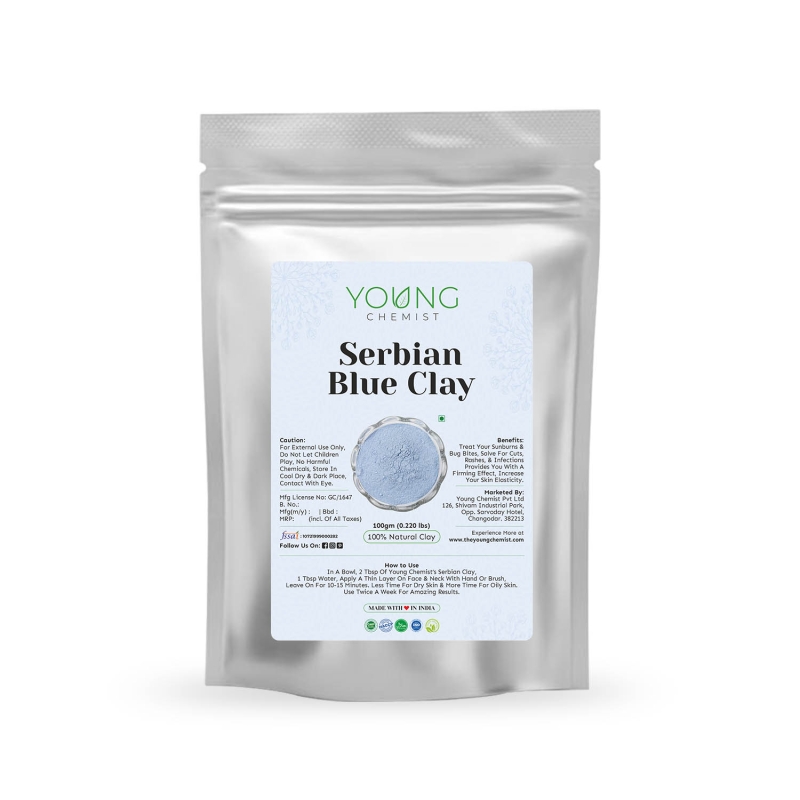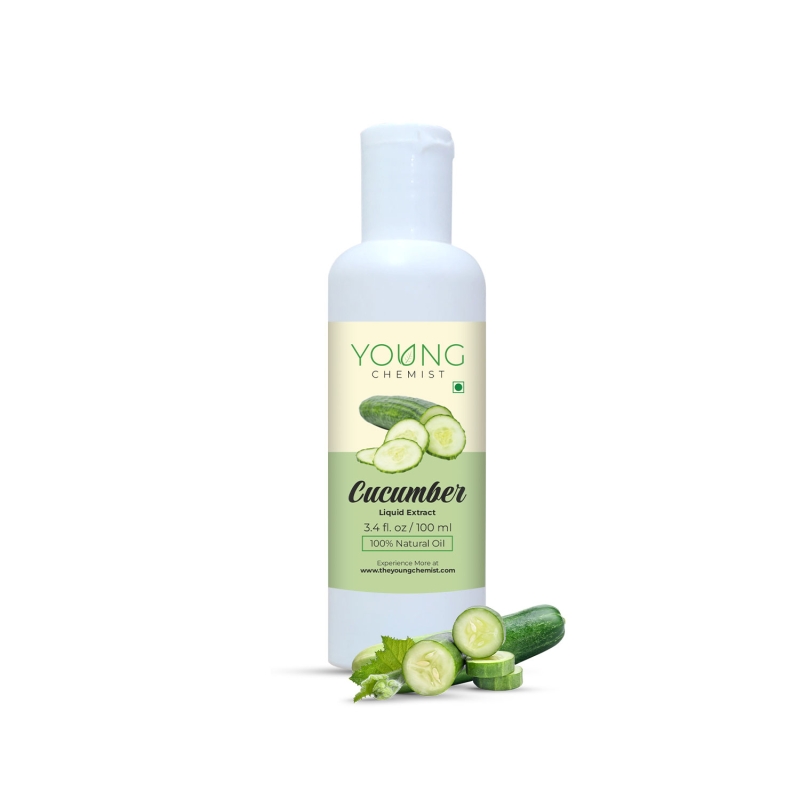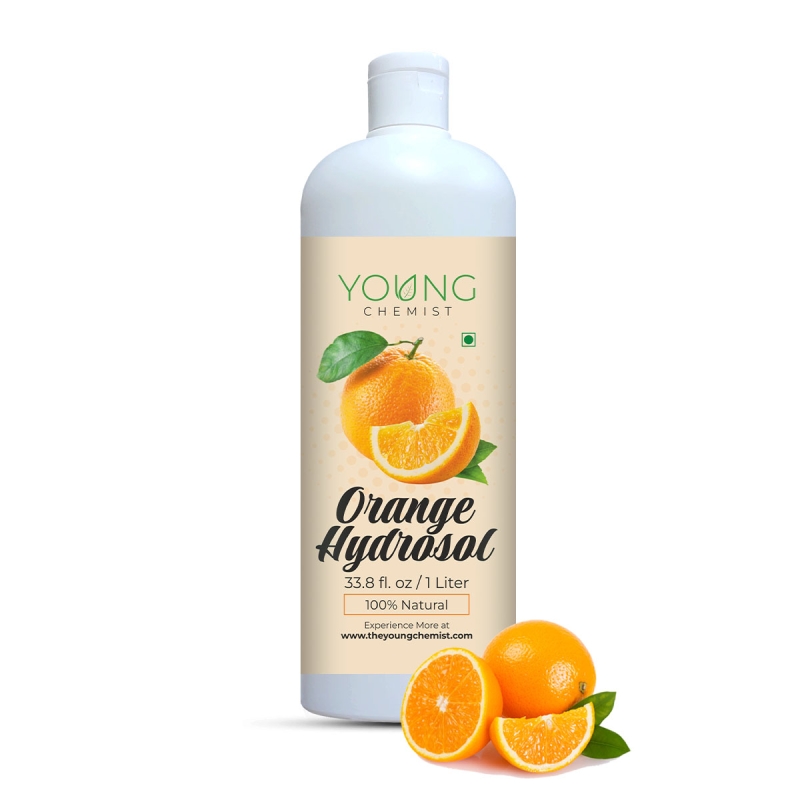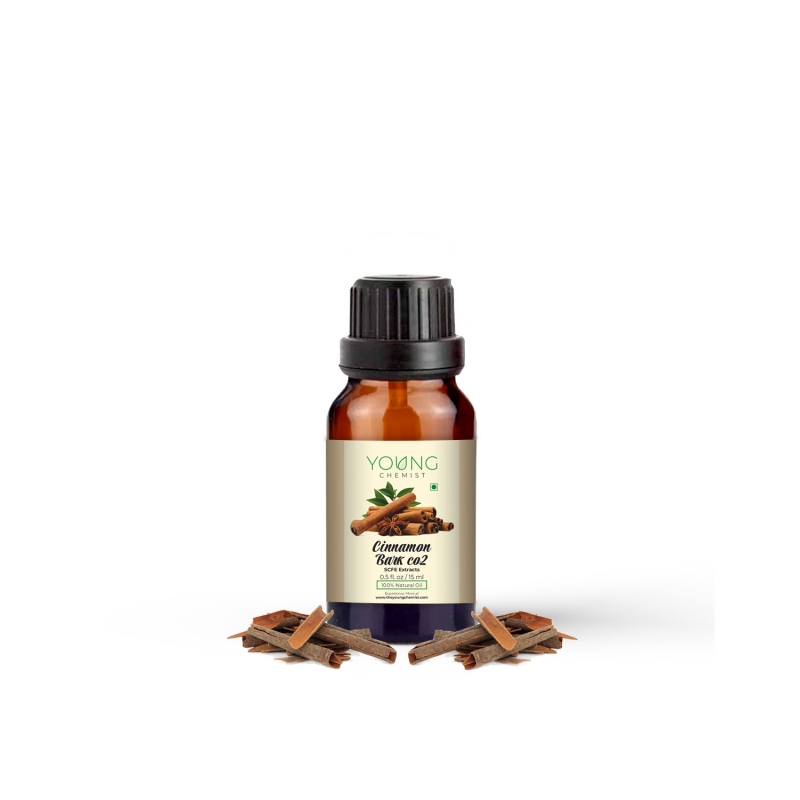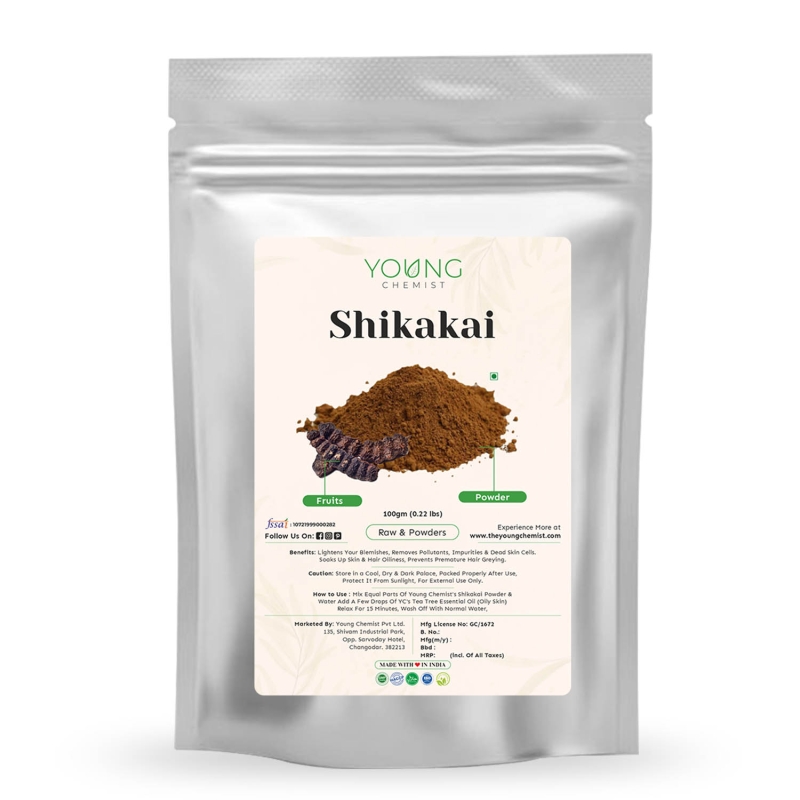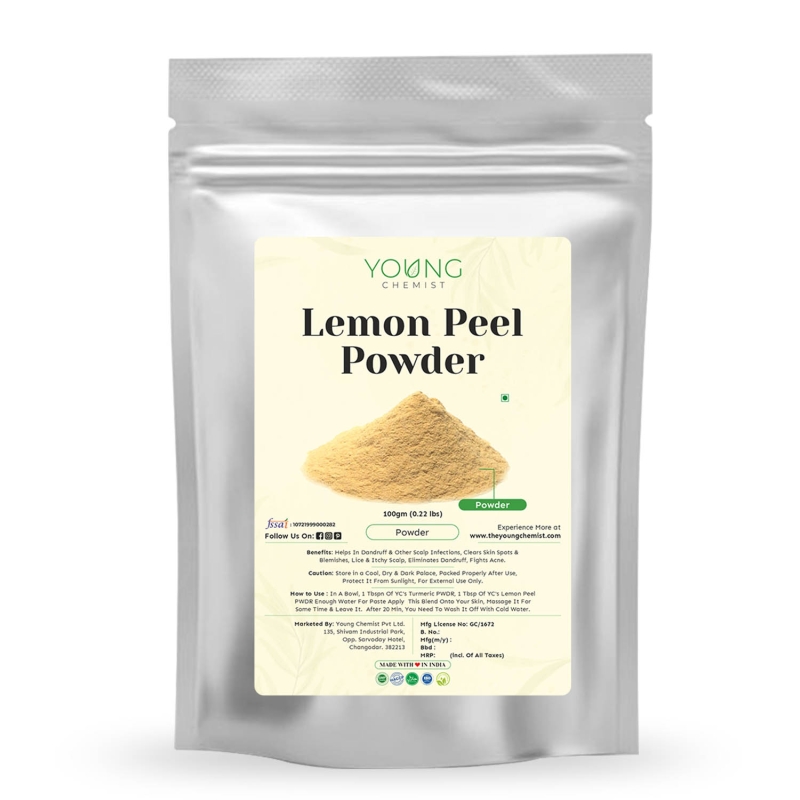-
No Item Added in Cart.

- Coconut powder is made using the dried, ground-up core of a coconut. Generally, it is blended with water and drained to make coconut milk. Though, you can also add it directly to a variety of cooked or baked foods for flavoring. The commercial coconut powder is also defatted and contains relatively fewer calories than dried, pure coconut that has been grounded.
- However, many people don't use coconut products because they often contain heavily refined sugar and other ingredients.
- Coconut powder can be simply switched with coconut flour or flakes and after rehydration, it becomes like the coconut milk or coconut cream alternative. It mixes easily and makes a smooth creamy texture when liquid is added. When coconut powder can be roasted and added to lemon rice dishes. Besides, it is used to create a popular Indian snack where it is added to steamed rice and mixed with jaggery.
- It is a better substitution for dairy milk and can be used to make desserts, puddings, and smoothies. Also, it is a favorite Asian cuisine; it is frequently used in a variety of curries, kormas, and soups. If you are craving a sweet glazed dessert, just add water and sweetener.
- The use of coconut powder promotes the generation and functioning of hemoglobin, which is a protein that binds oxygen in the blood. It helps deliver oxygen to the heart and regulate blood pressure. Iron is found in coconut products. When the body does not have enough iron then anemia can occur.
- It has properties that enhance the presence of oxygen in the body, thus it helps to maintain normal breathing and distribute oxygen throughout the body. Coconut powder helps to ease muscular pain and fatigue and contains anti-inflammatory properties.
- The major side effect of coconut powder is the risk of food allergies. If you are allergic to coconut or any of its byproducts, you don't need to consume it in any form. If you are not sure if you have a coconut allergy, consult with your doctor to ensure that it does not affect you negatively.





